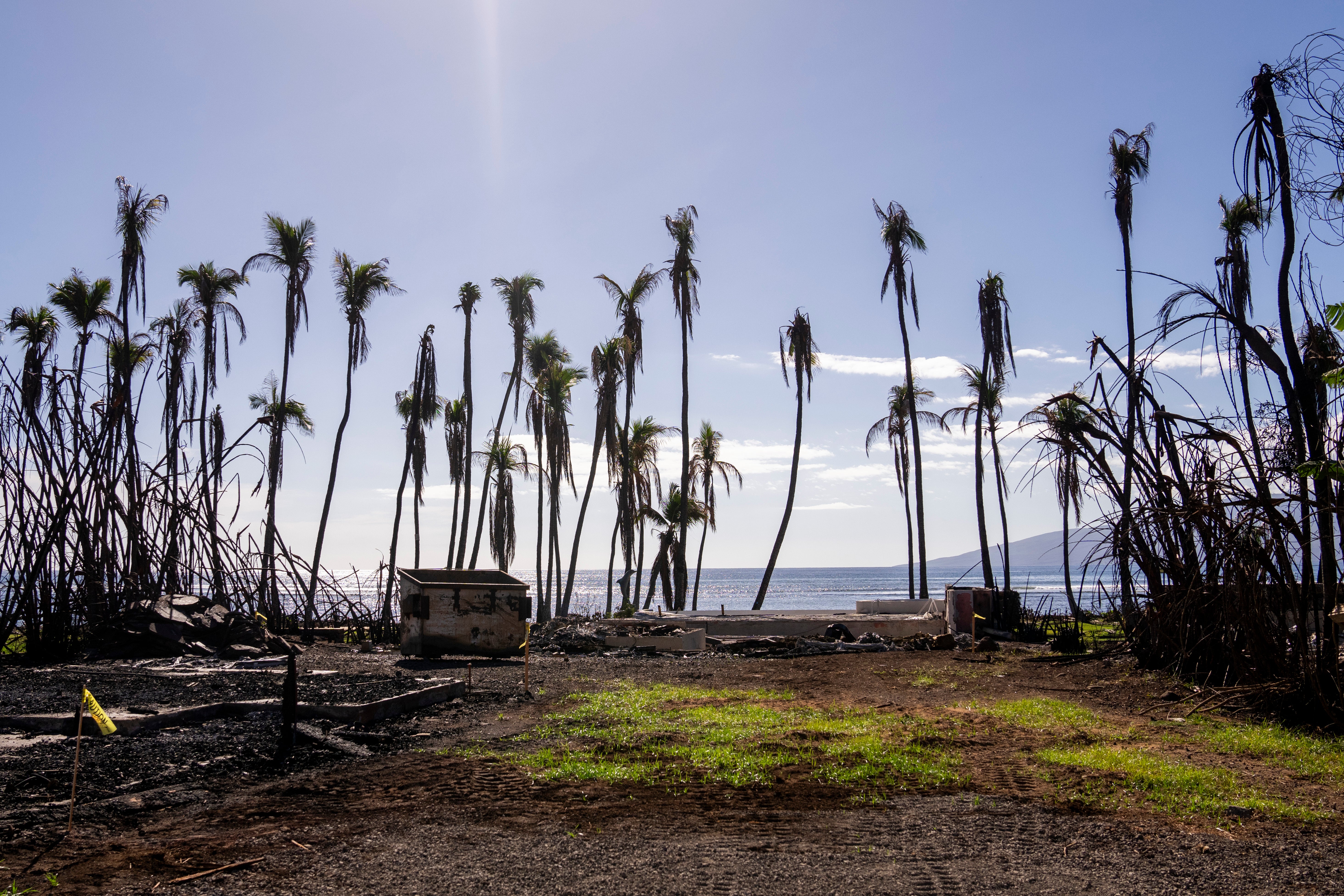2023 costliest climate disasters reveal ‘global postcode lottery’
A new report by Christian Aid shows the uneven impact of extreme weather events across the world

Your support helps us to tell the story
From reproductive rights to climate change to Big Tech, The Independent is on the ground when the story is developing. Whether it's investigating the financials of Elon Musk's pro-Trump PAC or producing our latest documentary, 'The A Word', which shines a light on the American women fighting for reproductive rights, we know how important it is to parse out the facts from the messaging.
At such a critical moment in US history, we need reporters on the ground. Your donation allows us to keep sending journalists to speak to both sides of the story.
The Independent is trusted by Americans across the entire political spectrum. And unlike many other quality news outlets, we choose not to lock Americans out of our reporting and analysis with paywalls. We believe quality journalism should be available to everyone, paid for by those who can afford it.
Your support makes all the difference.The majority of natural disasters last year fell upon poor and middle-income countries that have contributed little to climate change, according to a new report.
A study released by the London-based charity Christian Aid tallied the 20 most costly extreme weather incidents of 2023, from wildfires in Hawaii to a cyclone in Malawi.
While the financial cost of the disasters was concentrated in rich countries which have more to lose, the largest number of incidents afflicted poorer countries such as Haiti, Chile, and Peru.
The charity's chief executive Patrick Watt said the figures revealed a "global postcode lottery" – that is, a disparity based on involuntary factors such as geographic location – in the impact of climate change.
Many scientists and international organisations argue that the warming of the Earth due to greenhouse gas emissions is increasing the severity of natural disasters around the world.
“When it comes to the climate crisis, there is a global postcode lottery that is stacked against the poor," Mr Watt said.
"In poorer countries, people are often less prepared for climate-related disasters and have fewer resources with which to bounce back. The upshot is that more people die, and recovery is slower and more unequal.
"There is a double injustice in the fact that the communities worst affected by global warming have contributed little to the problem."
He called on rich countries that have contributed the most to climate change to devote more money to helping poor countries mitigate and repair the damage from extreme weather.
The most expensive disaster on Christian Aid's list, relative to the population of the country it affected, was August's wildfires in Hawaii, which killed at least 98 people and cost an estimated $4,161 per capita.
Second and third on the list were Typhoon Mawar in the US territory of Guam, at $1,455 per capita, and Tropical Cyclone Lola in Vanuatu, at $947 per capita.
Other countries on the list included New Zealand, Libya, Spain, Haiti, Mexico, China, and Malawi. The USA and Peru appeared three times, while Chile and New Zealand appeared twice.
But twelve of the top 20 incidents afflicted countries which ranked below the median in terms of their lifetime carbon dioxide emissions as of 2022, according to figures from Our World in Data.
The majority of incidents also happened in countries ranked below the top 50 in terms of GDP per capita.
Join our commenting forum
Join thought-provoking conversations, follow other Independent readers and see their replies
Comments